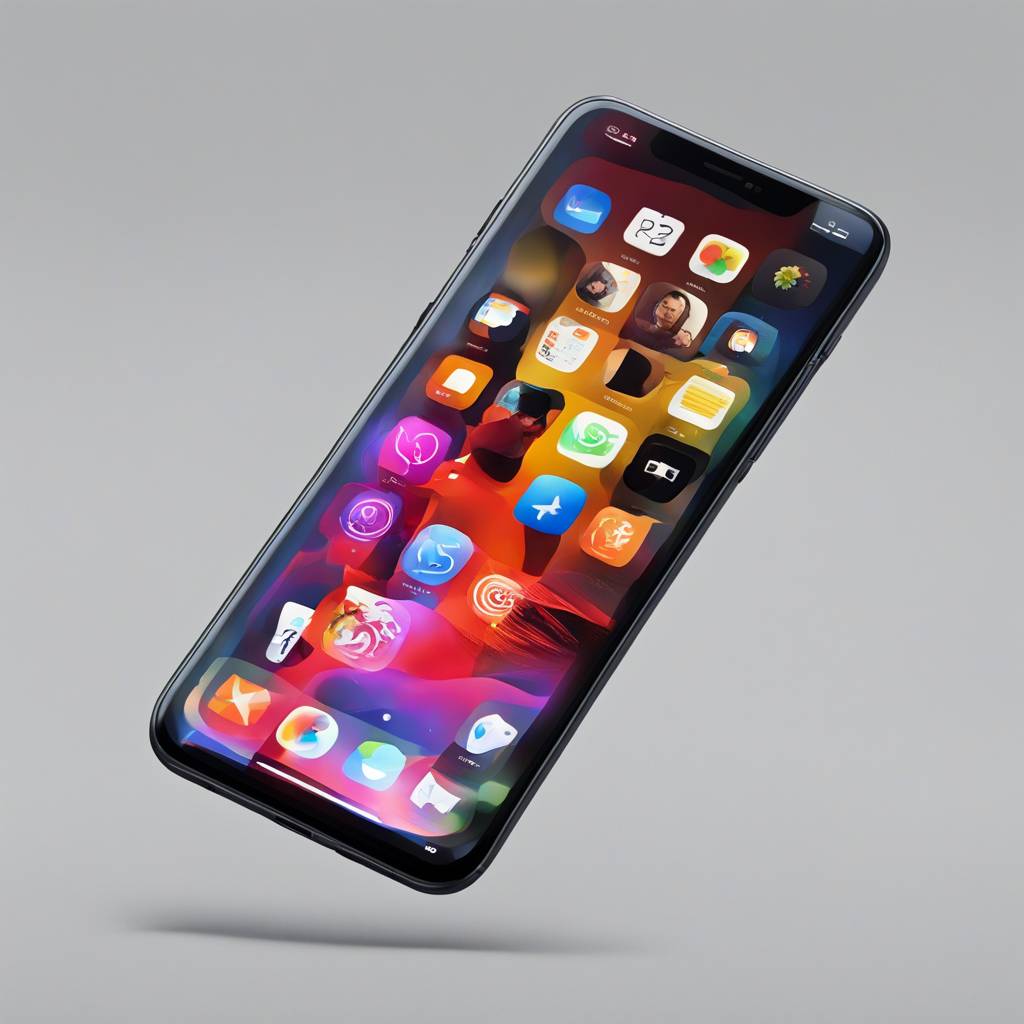Apple’s recent announcement about integrating generative AI from Chinese company Baidu into its iPhone in China has raised concerns about security and privacy. While Apple has been known for its focus on privacy and security, the decision to incorporate a Chinese AI model approved by the government has raised eyebrows. The AI landscape in China is heavily regulated, with government-approved models focused on censorship and surveillance. For Apple, this poses a challenge as it navigates the delicate balance between user privacy and market expansion in China.
Initially, Apple was rumored to be working on on-device AI solutions to maintain its strict privacy standards. However, the news of discussions with Google about using its cloud-based Gemini technology has shifted the narrative. This unexpected alliance between Apple and Google, known for their differing approaches to AI, encryption, and privacy, highlights the growing convergence of iPhone and Android. Apple’s consideration of Google’s technology underscores the commercial necessity to stay competitive in the rapidly evolving AI landscape.
Both Samsung and Apple now seem to be adopting a hybrid approach that combines on-device and cloud-based AI to offer a balance between AI features and user privacy. Samsung’s hybrid approach allows users to have greater control over their data and choose which features function on-device, reflecting a growing trend in the smartphone industry. As Apple approaches the release of iOS 18, it faces the challenge of striking a balance between user demand for innovative AI tools and the inherent privacy and security risks associated with AI accessing user data.
The rise of smartphone AI as the next privacy and security battleground is evident in Apple’s dilemma. The increasing adoption of AI technologies in smartphones has raised concerns about data privacy, surveillance, and user control. Apple’s decision to incorporate Chinese AI into its iPhone adds another layer of complexity, requiring robust privacy protections and security measures. As Apple and other tech giants navigate the evolving AI landscape, user awareness, privacy considerations, and regulatory compliance will be critical factors in shaping the future of smartphone AI.
Apple’s potential integration of cloud-based Chinese AI on the iPhone raises important questions about data security, user privacy, and government surveillance. The implications of allowing AI access to sensitive user data and information processing are significant, highlighting the need for stringent privacy safeguards. As smartphone AI continues to advance and expand its role in everyday life, companies like Apple will need to tread carefully to ensure a balance between technological innovation and user privacy protection. The convergence of iPhone and Android approaches to AI reflects the shifting dynamics of the smartphone industry, where privacy and security concerns are at the forefront of technological advancements.


